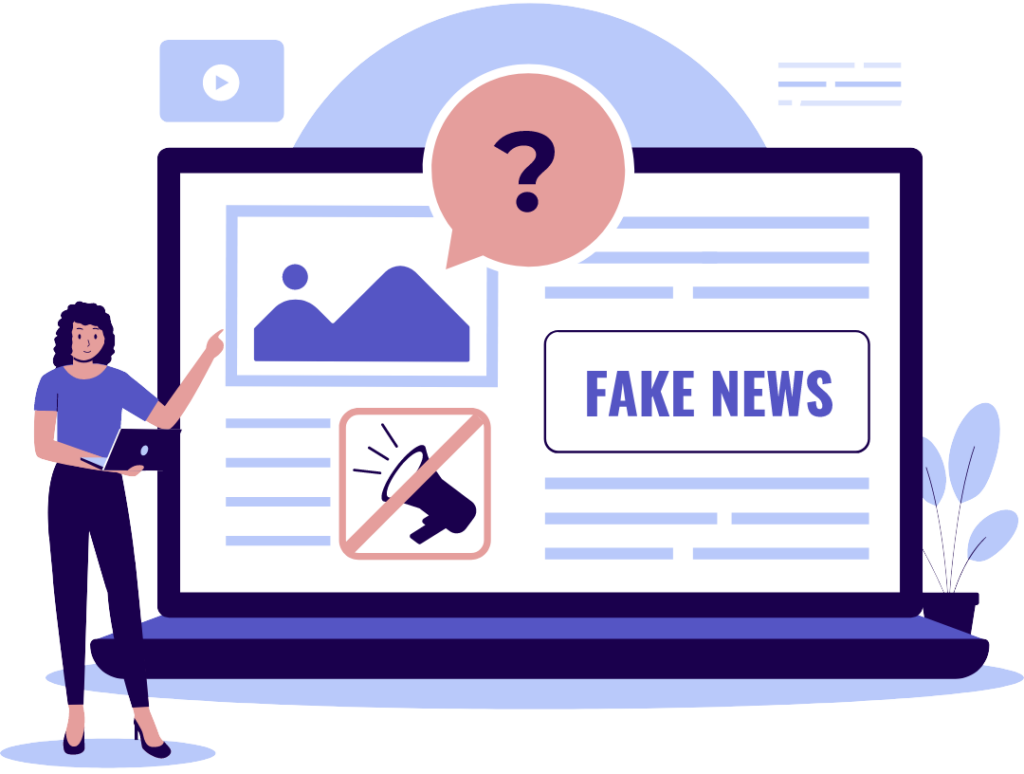How Do I Know Who to Vote for?
Depending on the type of election, you will have different candidates:

In Wrexham, a Local Election (Council Election) is your opportunity to vote for local councillors. They will be responsible for things such as bins, streets, public buildings (like libraries), open spaces (like parks), schools, youth services, and social care.

As Wales is a devolved nation, we also have Senedd Elections (Welsh Parliament Elections) where we vote for Members of the Senedd (MSs). The leader of the party who wins the most seats becomes the First Minister. The Senedd are responsible for things that directly affect Wales such as housing, education, health, environment, transport, agriculture (farming) and more.

In UK elections, you are voting for a Member of Parliament (MP) to represent you in the House of Commons. The leader of the party with the most parliamentary seats becomes the Prime Minister. The Prime Minister then forms their government and chooses the cabinet. The UK Parliament and Government are responsible for things that affect everyone in the UK such as defence (armed forces), immigration, economic policy, and more.
HOW CAN I FIND TRUSTWORTHY INFORMATION?
When searching for information online, you can find unbiased information on the candidate or party’s own website and social media, or the Electoral Commission website. You can find reliable information in other places too, but be sure to check the source, author, and funder for any political affiliation (information may be biased if they are known to support a particular party). You can also check the facts by comparing with other sources, or using a fact checker.


TV and radio journalists generally have to remain impartial because they are regulated by OfCom. Find out more here.
Be careful when accessing information created by media sources such as newspapers. Newspapers don’t have to remain impartial and often take the side of or show a clear opposition to a particular political party, and some try to influence their readers.


Social media and the internet are uncontrolled, meaning anyone can post whatever they like. If your neighbour posted on Facebook that a political party wants to make dunking your biscuit in your tea illegal, you should probably fact check that information!
You can talk to friends and family about politics, democracy and voting, but it can be easy for conversations to get heated if you don’t agree on something you feel passionately about. It’s important to try to be respectful of other people’s views. Letting them put their point across will help you better understand where they are coming from.

SO HOW DO I DECIDE ON A CANDIDATE?
When deciding where to put your vote, you will need to consider both the statement made by your candidates, and their party manifestos.
To find out who your candidates are for upcoming elections and to read their statements, you can go to ‘They Work For You‘ or ‘Who Can I Vote For?‘
You will be able to find each party’s manifesto on their websites once they have been released, or in impartial news outlets such as on TV and radio. Remember, not all news outlets are unbiased and are often seeking to influence their readers.

Remember this is YOUR voice! Other people shouldn’t be trying to influence your decision, and you don’t need to tell anyone who you are voting for. You shouldn’t vote for a candidate just because your family/friends are, you should vote for the candidate who you think will best represent you and what you believe in.
KEY TERMS
- Election: an election is when a vote is held and the public can vote for candidates.
- Candidates: a candidate is a person who you can vote for in an election.
- Local Election: An election that takes place in your local area to vote for councillors.
- Councillor: Local Councillors are elected by the community to decide how the council should carry out its various activities.
- Devolved Nation: Wales is a devolved nation. This means that the UK Government have given Welsh Government some responsibility to be able to make decisions on behalf of the Welsh people, communities and businesses that they affect.
- Senedd Election: A Welsh Election for Members of the Senedd.
- Parliament: In the UK, Parliament is made up of the Monarch, the House of Commons and the House of Lords. They bring up subjects for debates, make and pass new laws, and scrutinise the Government.
- Members of the Senedd (MS): A Member of the Senedd is a person who has been elected to the Welsh Parliament (Senedd).
- Seats: if a candidate wins the most votes in a constituency, then they win that ‘seat’. The party with the most ‘seats’ wins the election and forms the government.
- First Minister: The First Minister of Wales is the leader of the party who won the most seats in a Senedd Election.
- General Election: A UK Election for Members of Parliament.
- Prime Minister: The Prime Minister of the UK is the leader of the party who won the most seats in a General UK Election.
- Government: The Government decides how things are run and manage the day to day. They use the money they get from taxes to pay for and make decisions on things such as schools, hospitals, emergency services, armed forces, and the legal system. Government is scrutinised by Parliament.
- Bias: something that has bias supports or opposes a political party or candidate unfairly.
- Impartial: something that is impartial doesn’t take a political stance.
- Statement: Comments about political issues made by a candidate so you are better informed about their priorities and values.
- Manifesto: A manifesto is a statement put out to the public by a political party, usually in the run up to an election, outlining their priorities and intentions if they were to win the election.
Funding Partners






